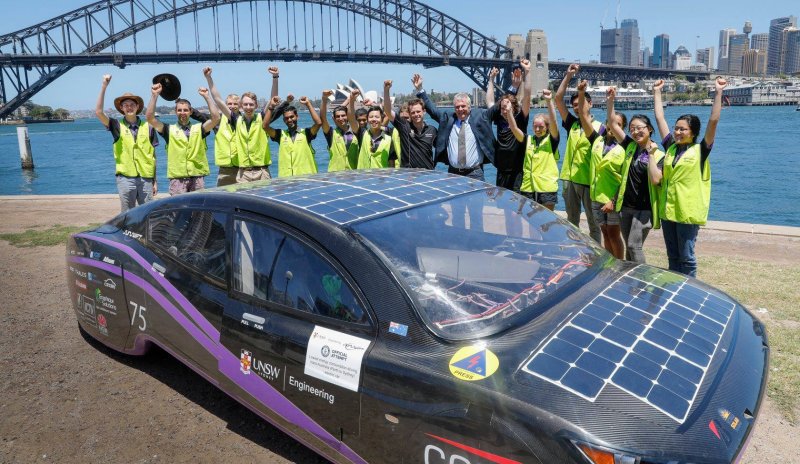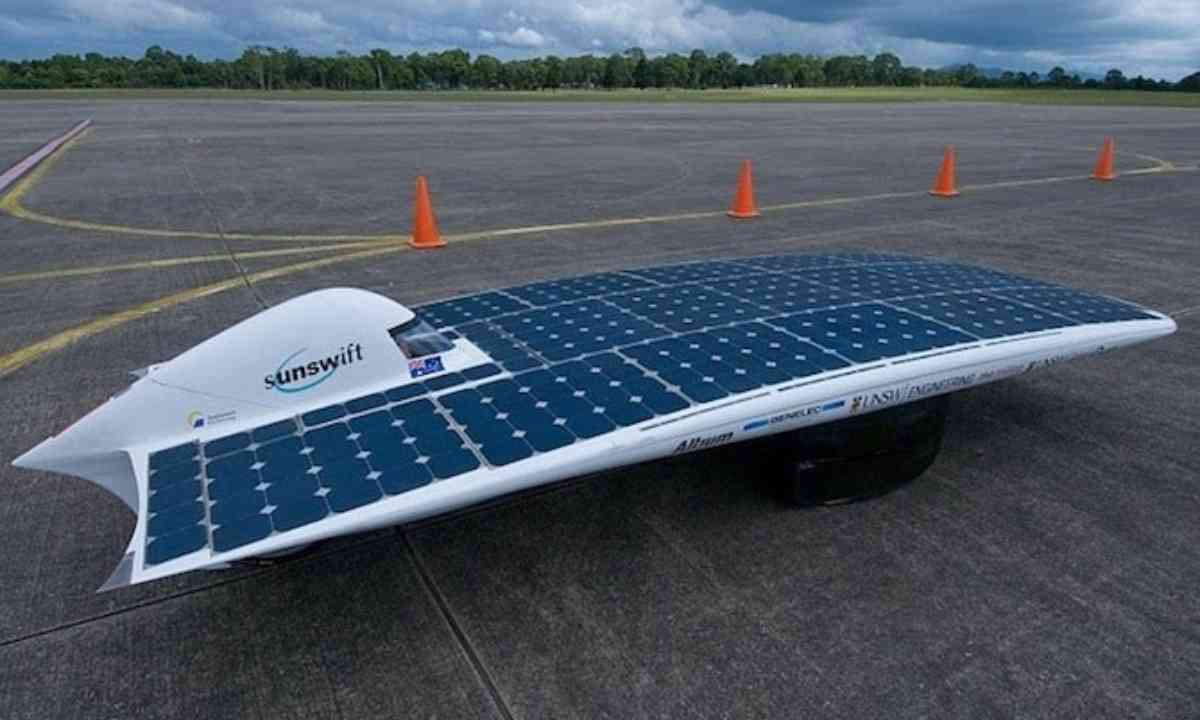The University of New South Wales Sydney’s (UNSW) Sunswift 7 solar-powered car recently covered 1,000 km (621 miles) on a single charge in less than 12 hours - This is almost an achievement beyond history when it comes to aerodynamics and efficiency.

The test was undertaken at the Highway Circuit test track at the Australian Automotive Research Centre, with the Sunswift 7 completing 240 laps on a single charge. Solar-powered vehicles are vehicles that are powered by electricity generated from solar panels, rather than from fossil fuels. These vehicles can be powered entirely by solar energy, or they may use solar panels to supplement other forms of energy, such as batteries or fuel cells.
The Sunswift 7 latest solar-powered car weighs just 500 kg (1,100 lb) since it has no air conditioning systems, ABS brakes, airbags, windscreen wipers and other features that one would normally find in a car. It has drag coefficient of just 0.095.
Solar-powered vehicles are a promising technology for reducing reliance on fossil fuels and mitigating greenhouse gas emissions, and they have the potential to significantly reduce the environmental impact of transportation.
It also seems the Sunswift 7 is slated to be positioned as the fastest electric vehicle over 1,000 km on a single charge but official confirmation is awaited. The fast car will also take part in the Bridgestone World Solar Challenge in 2023.
© Vygr Media Private Limited 2022. All Rights Reserved.

























